147 – Examining the metabolism and improving the detection of performance-enhancing substances – Maria Kristina Parr, PhD
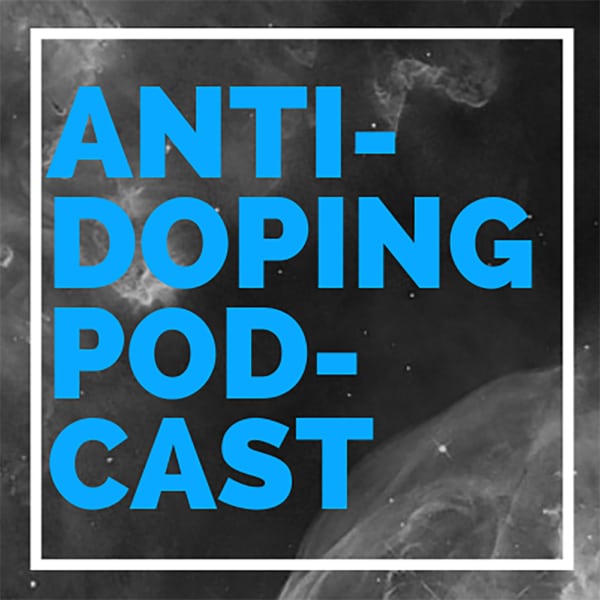
Dr. Maria Kristina Parr is a Professor in Pharmaceutical Chemistry at Freie Universität Berlin. In this interview, she discusses her research that has focused on understanding the metabolism of steroids and other compounds and improving our ability to detect these substances and their metabolites for anti-doping and other purposes. We covered the results from several of her latest papers, including work examining food sources of ecdysterone, metabolism of topically administered steroids in skin cells, metabolism of endogenous versus exogenous steroids, and more.
Support This Podcast
Interested in sponsoring the Anti-Doping Podcast or have a guest recommendation?
50 – Advocating for Athletes in Sport and Anti-Doping Law – Howard Jacobs, JD
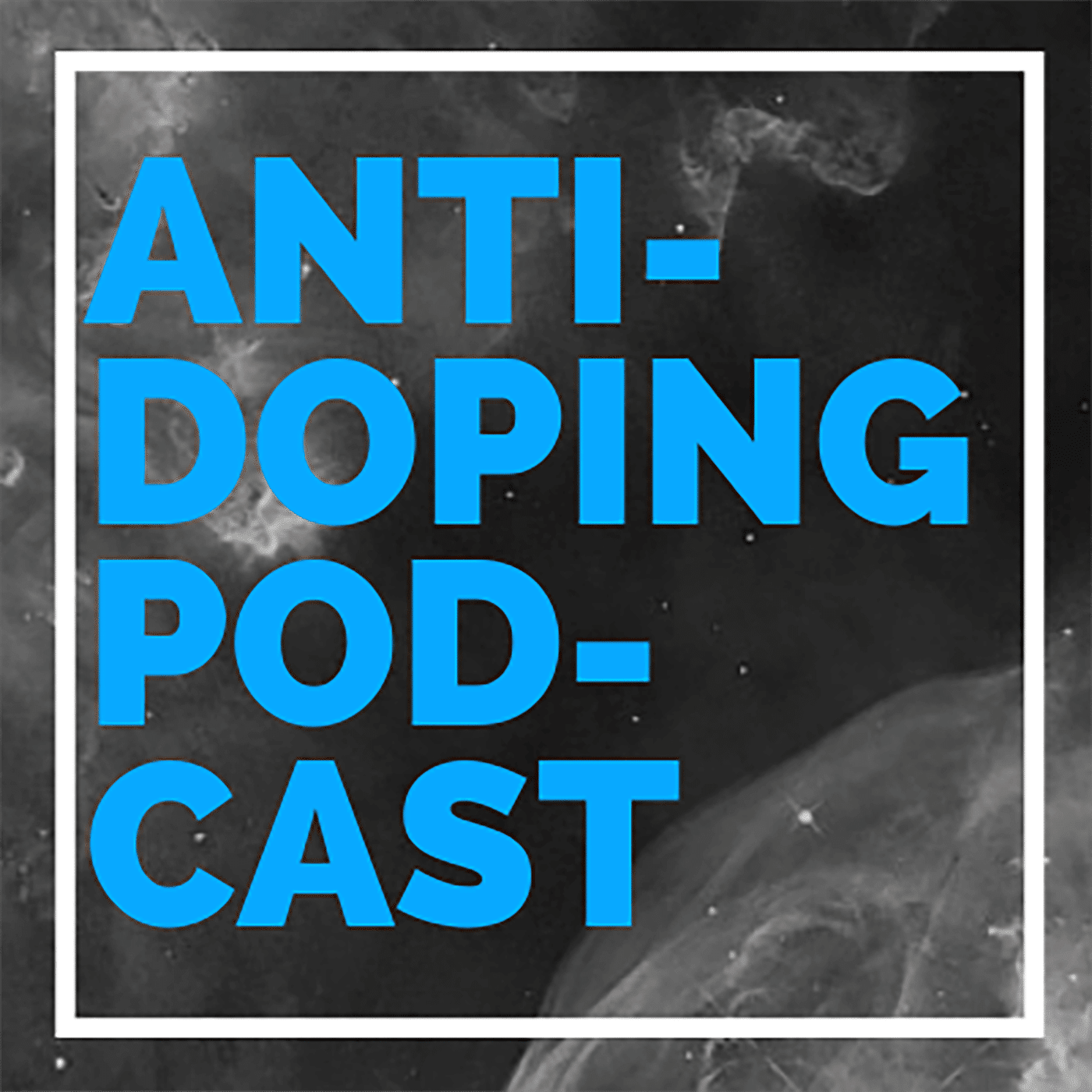
Howard Jacobs is an attorney and a leading advocate for athletes around the world in doping matters. He has represented more than 300 athletes in disciplinary cases related to various issues in sport. In this interview, Howard shares insights about what it’s like working in anti-doping law, walks through the steps he takes when working on an anti-doping case, and discusses experiences from some of the most memorable and prominent cases he has been involved in over the years.
49 – Developing Novel Methods to Detect Blood Doping – Jean-Francois Naud, PhD

Dr. Jean-Francois Naud is Deputy Director and Research Associate at the Doping Control Laboratory of the National Institute of Scientific Research (INRS) in Québec, Canada. In our interview, he discusses his work at the WADA-accredited Doping Control Laboratory, his path to becoming an anti-doping scientist, his research to improve our ability to detect blood doping, his role in anti-doping testing during the 2010 Olympic Games in Vancouver, and current challenges in anti-doping research.
48 – Detecting Doping with Steroids Using the Athlete Biological Passport – Federico Ponzetto, PhD

Dr. Federico Ponzetto is a part of the PCC Fellowship Program and a Postdoctoral Research Fellow in the Department of Medical Sciences of the University of Turin in Italy. In this interview, we discuss the Steroid Module of the Athlete Biological Passport (ABP) and how Dr. Ponzetto’s research will impact the ABP. He also shares his experiences as a PCC Fellow, complete with advice for those who might be considering this path for themselves or a colleague.
47 – Updates on Research at the World Anti-Doping Agency – Marcia MacDonald, PhD

Dr. Marcia MacDonald is a Deputy Director of Science and Medicine at the World Anti-Doping Agency (WADA). In this interview, we discuss how Marcia began her career in anti-doping, the history of WADA’s anti-doping research program, and their current research priorities. She also shares information about new and ongoing anti-doping research projects, funding opportunities for researchers, implementation of newly developed anti-doping techniques and technology, and more.
46 – International Sports Law, Arbitration, and Anti-Doping – Dr. Despina Mavromati

Dr. Despina Mavromati is an attorney with SportLegis Lausanne specializing in international sports law and arbitration. She is also a Member of the Appeals Body of The Union of European Football Associations, a Member of the Independent Disciplinary Tribunal of World Athletics, and a Member of the Faculty of Law, Criminal Justice and Public Administration of the University of Lausanne. In this episode, we talk about current issues in anti-doping law and arbitration, Despina’s career, and her work.
45 – Applications of Tandem Mass Spec, Bioinformatics, and Proteomics in Anti-Doping – John Yates III, PhD

Dr. John Yates is the Ernest W. Hahn Professor in the Departments of Molecular Medicine and Neurobiology at The Scripps Research Institute in California. He is also a member of the PCC’s Scientific Advisory Board and a world-renowned expert in proteomics. In this episode, he discusses his career path, his research, impacts of the global pandemic, and potential applications of advanced analytical approaches such as tandem mass spec, bioinformatics, and proteomics for anti-doping.
44 – An In-Depth Look at Anti-Doping Investigations at Major League Baseball – Moira Weinberg, JD
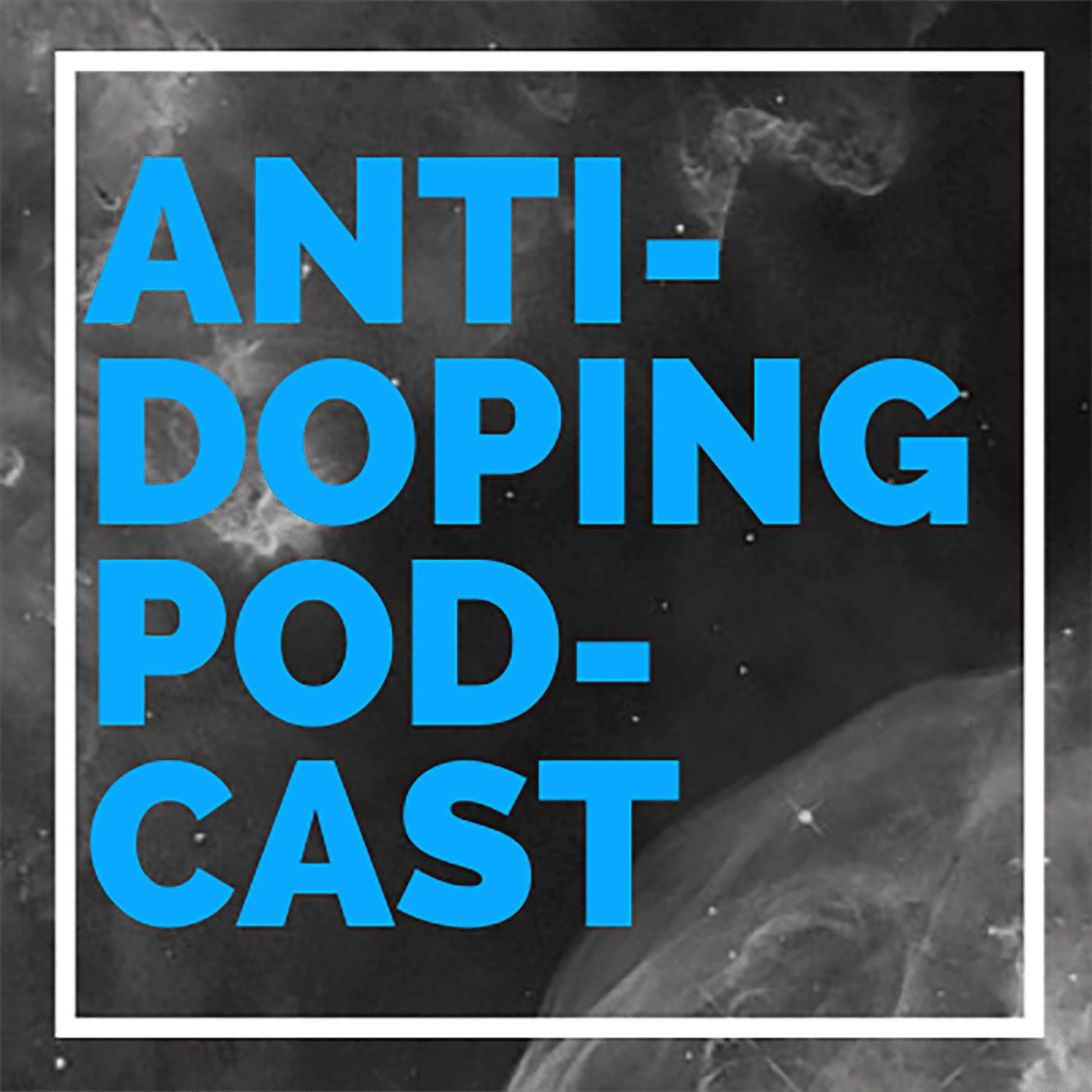
Moira Weinberg is Vice President of Investigations and Deputy General Counsel at Major League Baseball (MLB). In our interview, she discusses the formation and organization of Major League Baseball’s Department of Investigations, some of the different types of cases they handle, the general process involved in conducting investigations for anti-doping and other cases, key anti-doping programs and resources for players, and some of the major challenges and priorities for MLB investigations.
43 – Remote Drug Testing and Preparing For Future Crises – Matthew Fedoruk, PhD
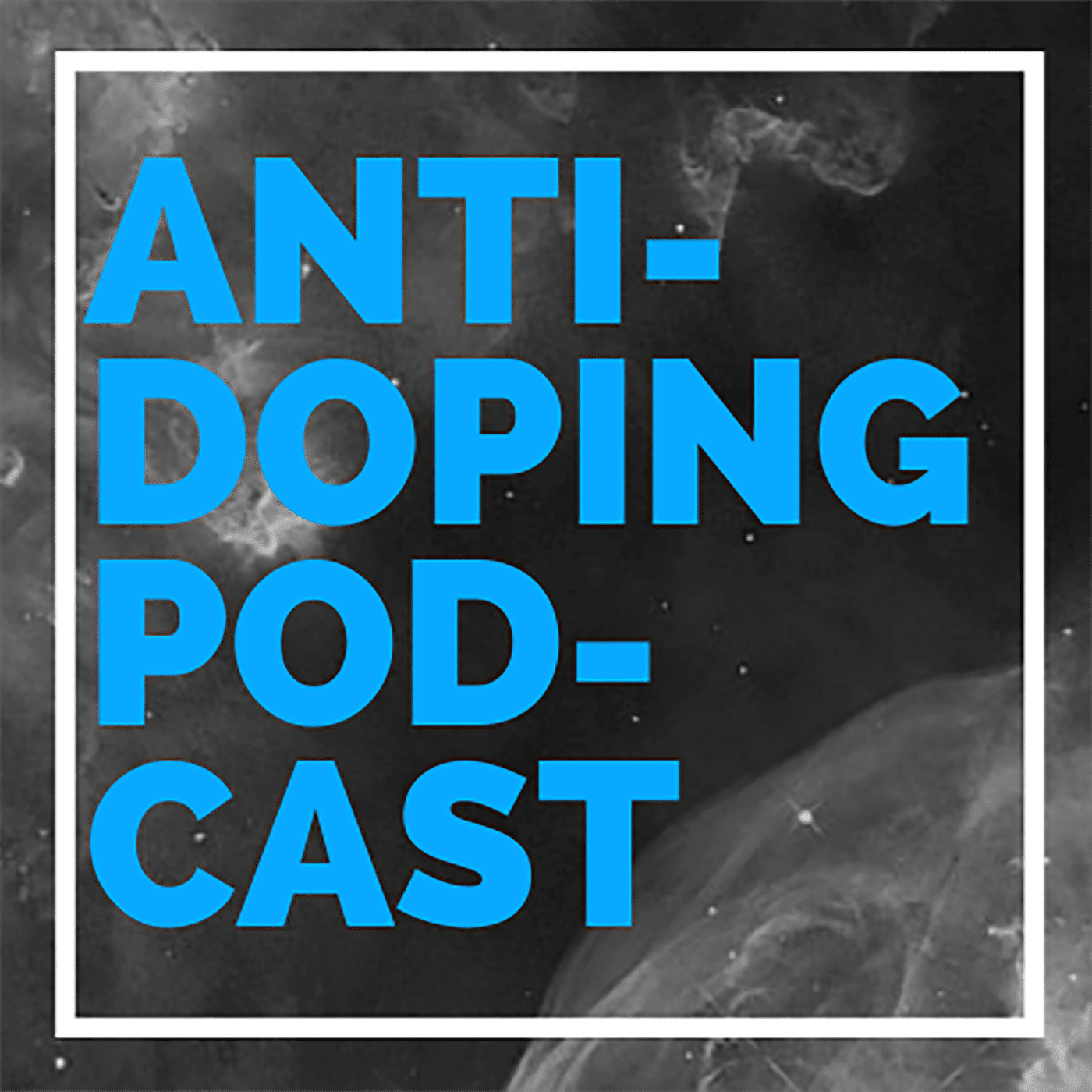
Dr. Matthew Fedoruk is Chief Science Officer at the United States Anti-Doping Agency (USADA). In this interview, we talk about USADA’s new remote drug testing program, how USADA has been impacted by the COVID-19 pandemic, major challenges the global anti-doping community is currently facing, and his role in the World Anti-Doping Agency (WADA)’s Strategic Testing Expert Group focused on preparing for future crises.
42 – Paralympic Powerlifter Advocates for Anti-Doping – Ali Jawad
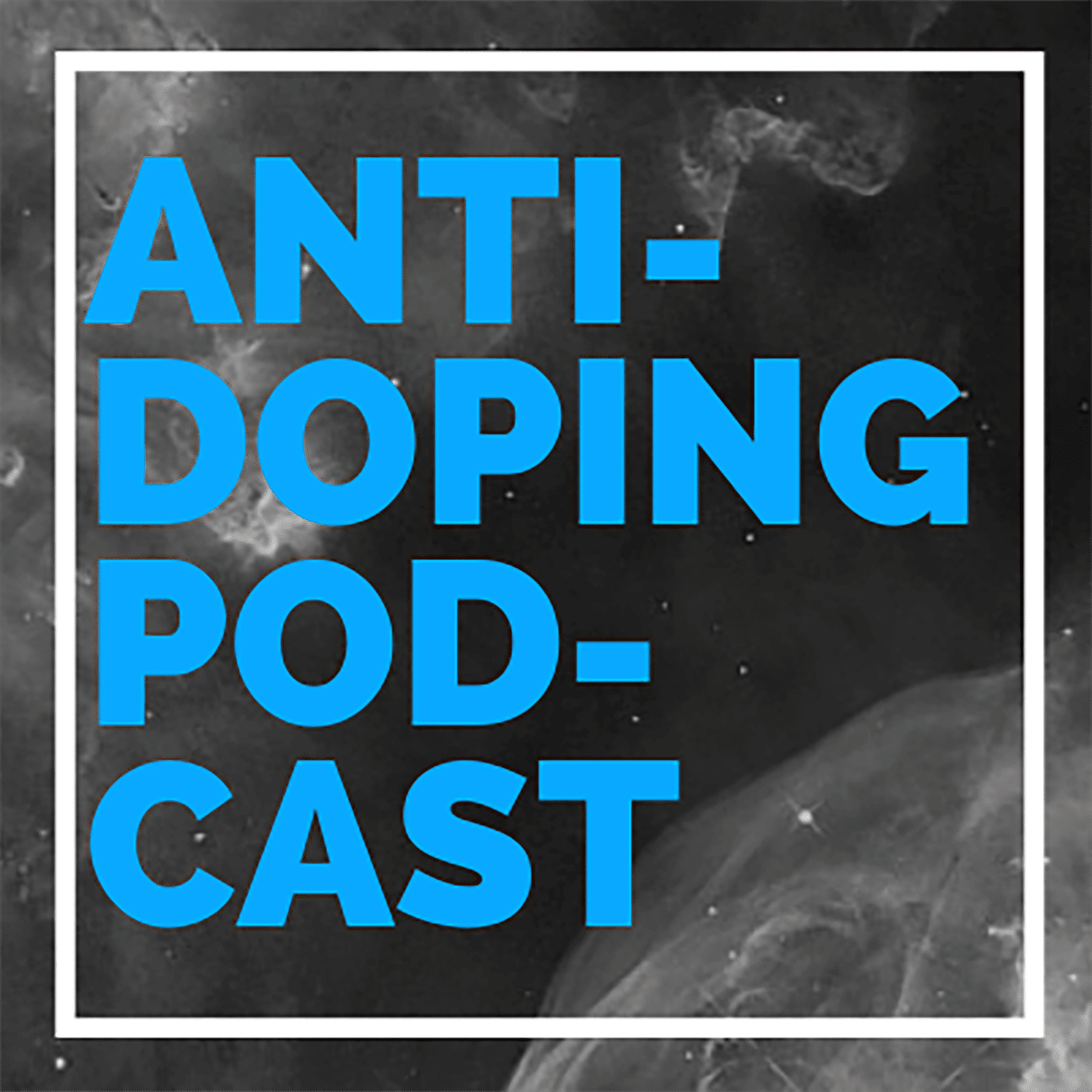
Ali Jawad is an accomplished British powerlifter and Board Member of the Commonwealth Games Team England. He was awarded a bronze medal in the 2018 Commonwealth Games, a silver medal in the 2016 Paralympic Games, and gold medals in the 2015 IPC Powerlifting European Championships and 2014 IPC Powerlifting World Championships. Ali discusses his career, some of the challenges he has faced, his perspective on anti-doping as an elite athlete, and his work as a Member of the Start Up Group with Global Athlete.
41 – The Impacts of COVID-19 on the Olympic and Paralympic Games – Jonathan Finnoff, DO
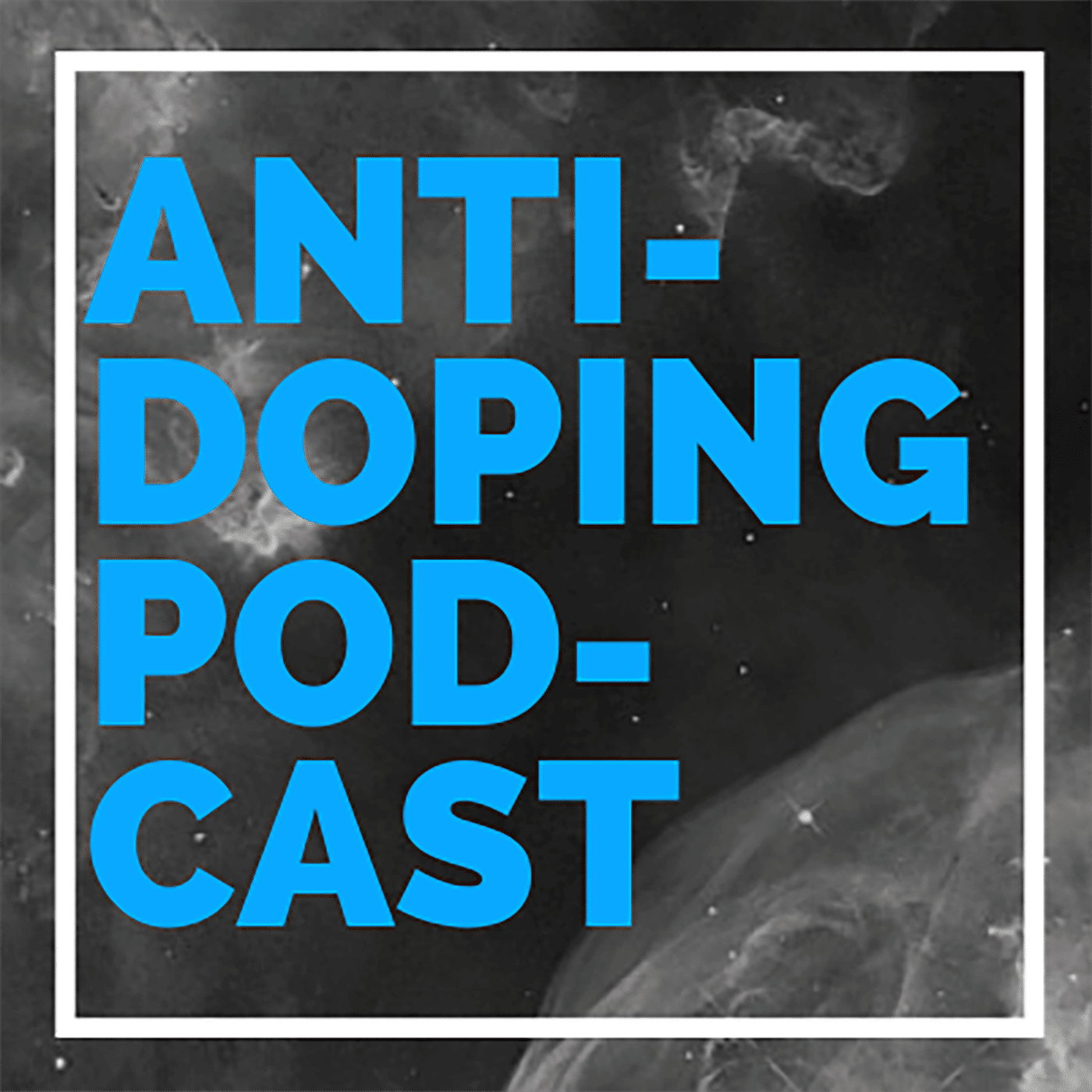
Dr. Jonathan Finnoff is Chief Medical Officer of the U.S. Olympic and Paralympic Committee (USOPC). In our interview, he discusses the timeline of events leading up to the postponement of the 2020 Olympic and Paralympic Games, the broad spectrum of effects this pandemic has had on athletes, new protocols and safety measures in place at training centers, anti-doping and COVID-19 testing procedures, and how the USOPC has been dealing with some of the major challenges that have arisen during this pandemic.
40 – How PGA TOUR Is Handling COVID-19 – Andy Levinson
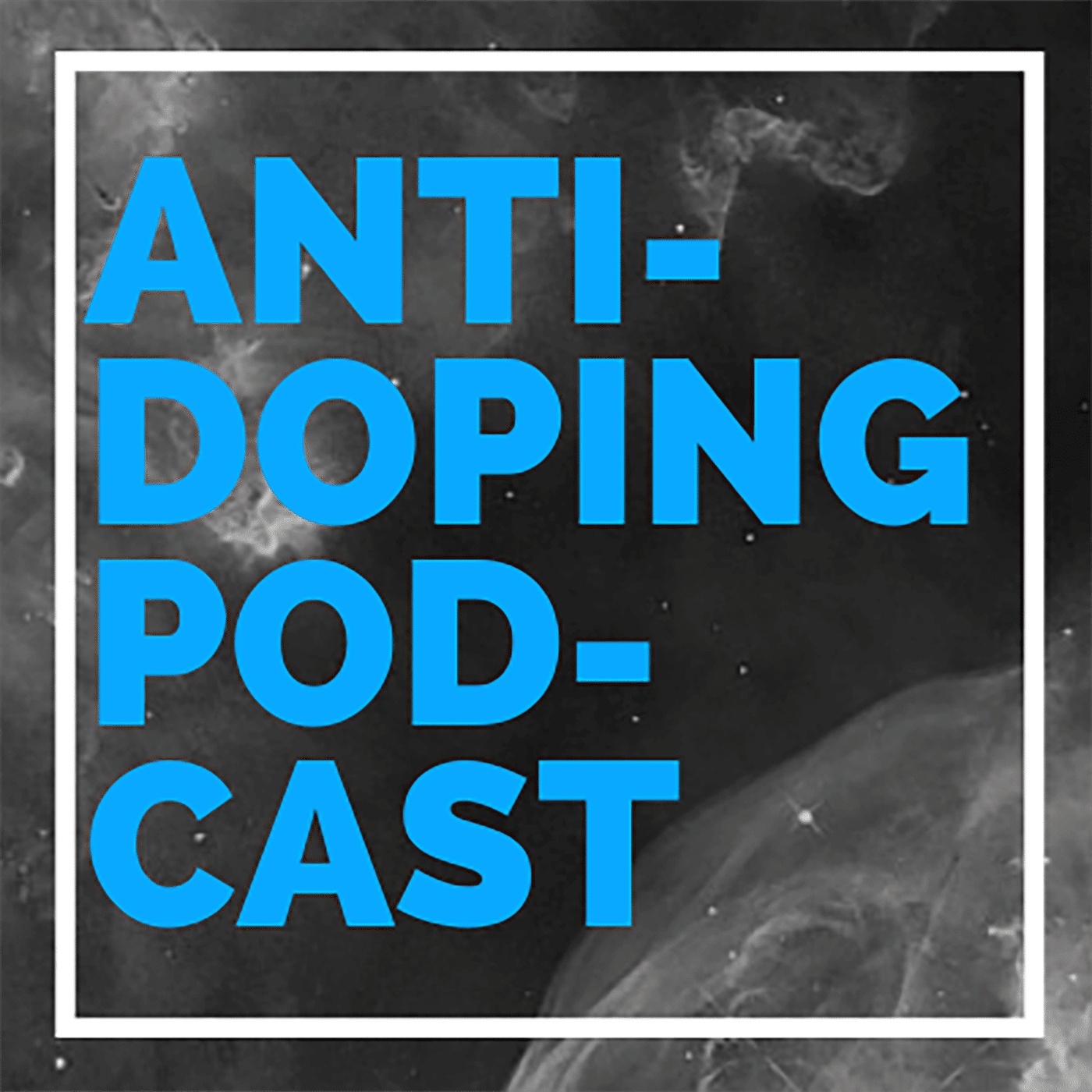
Andy Levinson is Senior Vice President of Tournament Administration at PGA TOUR and Executive Director of USA GOLF. In our interview, he provides an insider look at how PGA TOUR has navigated some of the major challenges posed by the COVID-19 pandemic and the new protocols and restrictions they have put in place to protect players, staff, and spectators. He also discusses their innovative solution to addressing issues surrounding COVID-19 testing for players, impacts on their anti-doping programs, and more.
39 – Major League Baseball’s Response to COVID-19 – Jon Coyles, JD
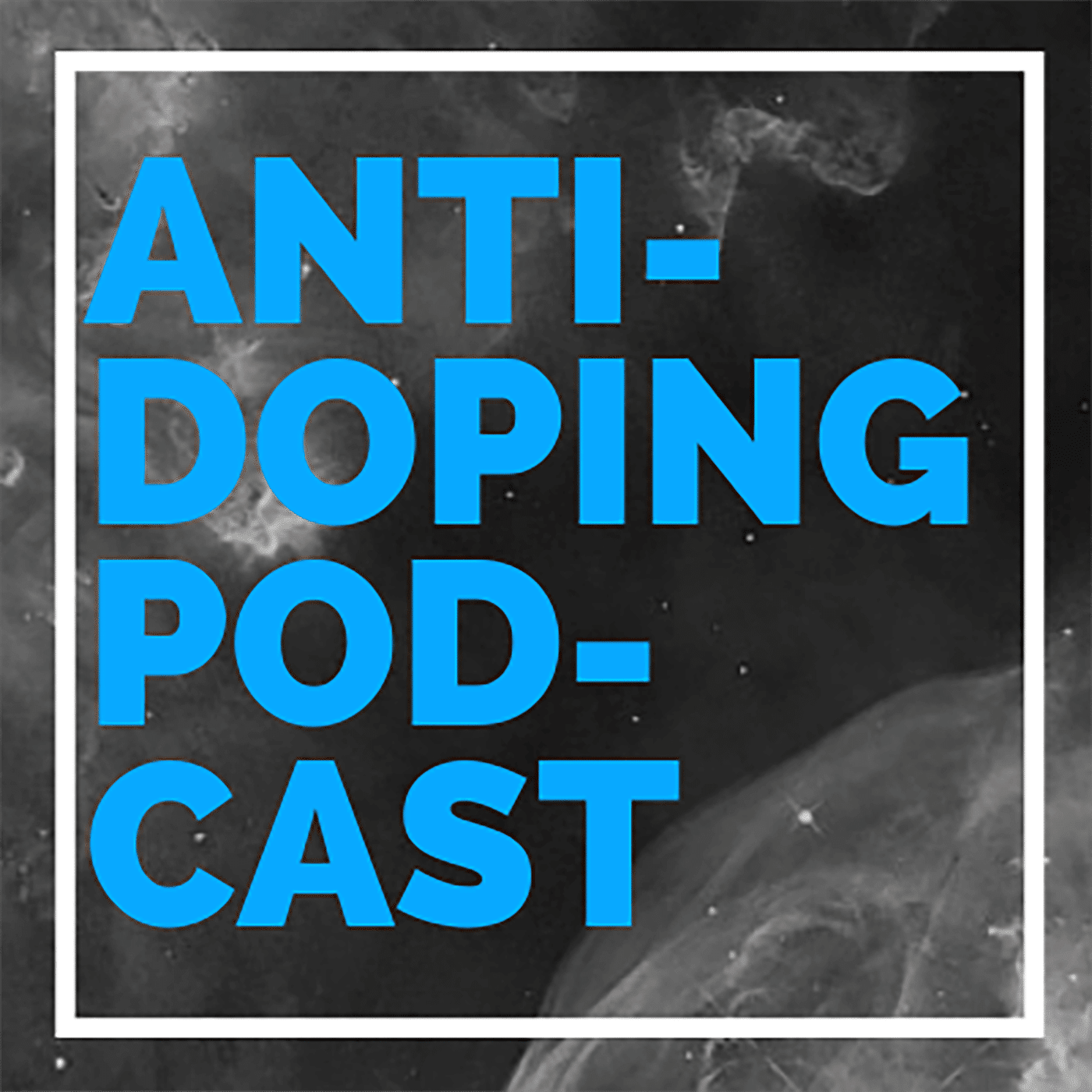
Jon Coyles is Vice President of Drug, Health and Safety Programs at Major League Baseball (MLB). In this episode, he gives us a behind-the-scenes look at some of the biggest challenges that MLB has faced as a result of COVID-19, the safety protocols they developed in response to the pandemic, how these protocols were developed, MLB’s COVID-19 testing requirements and logistics, as well as the impacts of the pandemic on MLB’s anti-doping programs, their regular season, and the postseason as it begins.
38 – Impacts of Altitude and Iron Supplementation on Haematological Responses – Laura Garvican-Lewis, PhD
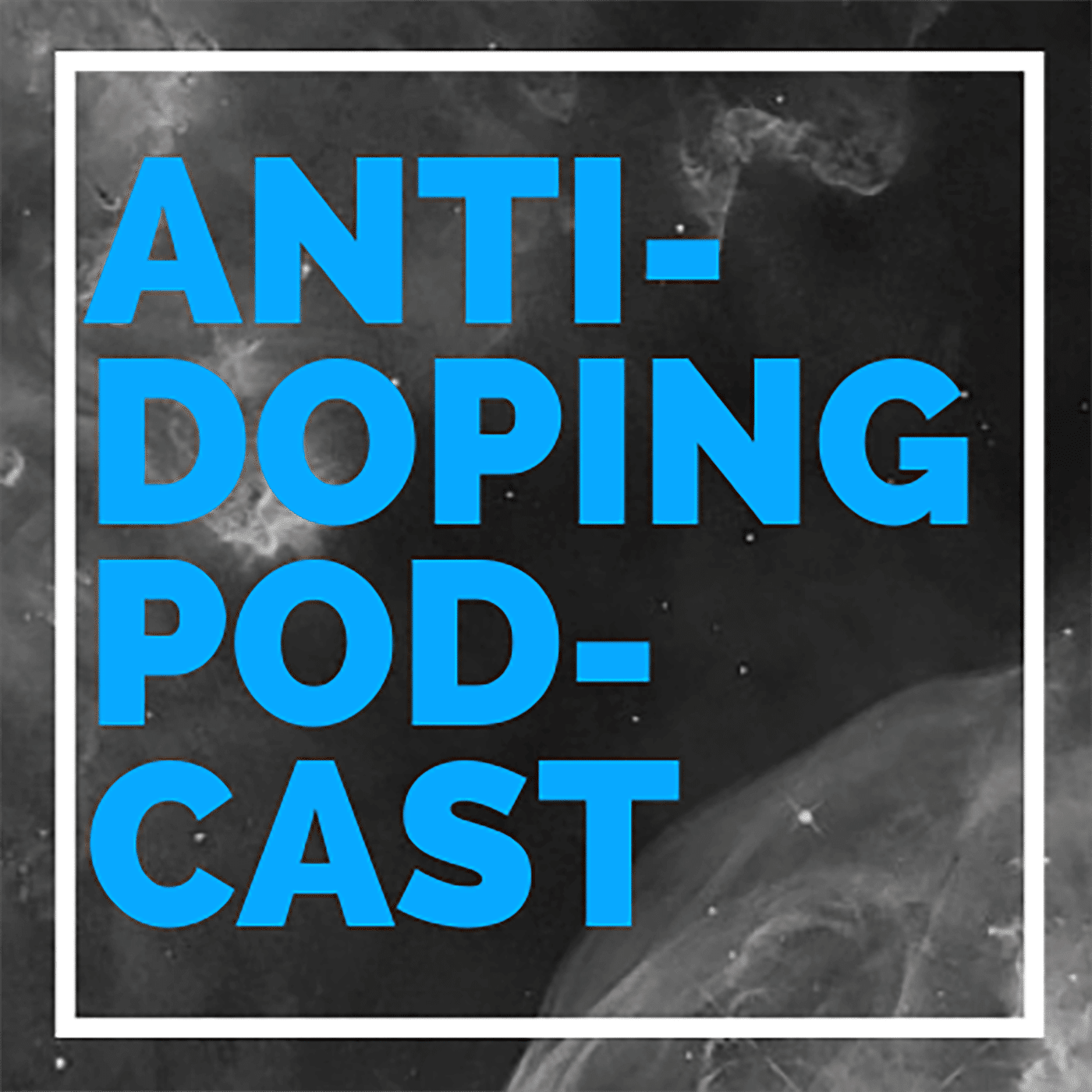
Dr. Laura Lewis is Director of Science at the US Anti-Doping Agency. Previously, she was a Research Fellow at the Australian Catholic University. She was awarded a PCC Research Grant in 2015 and a PCC Fellowship in 2018. We discuss her work on hematological responses to altitude training and iron supplementation, how these impact the Athlete Biological Passport (ABP), her recent work validating a model that addresses blood plasma volume variance in the ABP, and her experiences as a PCC Fellow.
37 – Dietary Supplement Certification to Protect Athletes – Lori Bestervelt, PhD
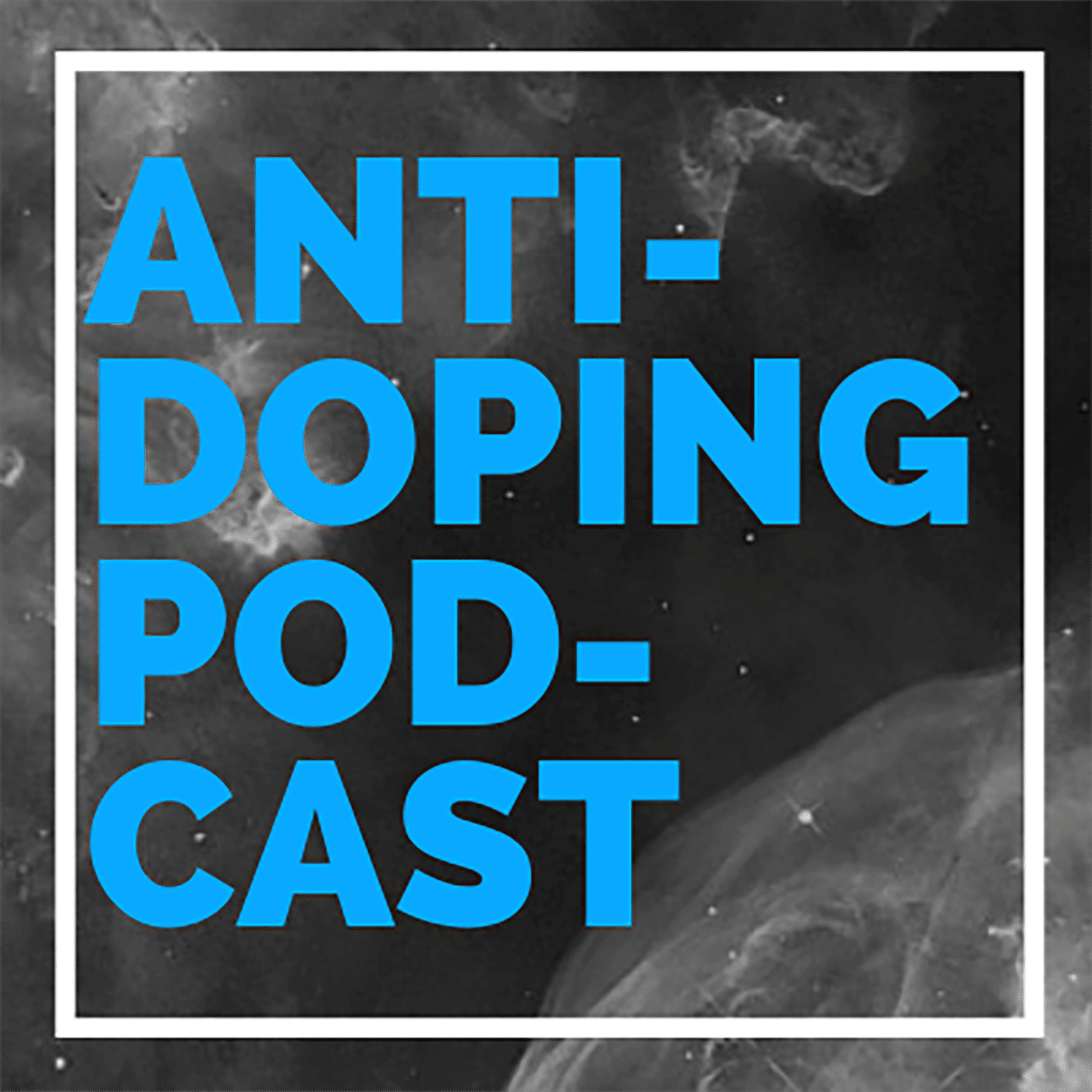
Dr. Lori Bestervelt is Director of Business Development & Partnerships at ChemFORWARD, a nonprofit collaboration of brands, retailers, and NGOs providing high quality, actionable data on chemical hazards. She was formerly Executive Vice President & Chief Science Officer at NSF International, an independent, global, accredited inspection organization. Lori discusses anti-doping issues related to dietary supplements, how supplements are regulated, and her work to create the NSF Certified for Sport Program.
36 – Physician Committed to Clean Sport and Athlete Safety – Ed Merrens, MD, MHCDS
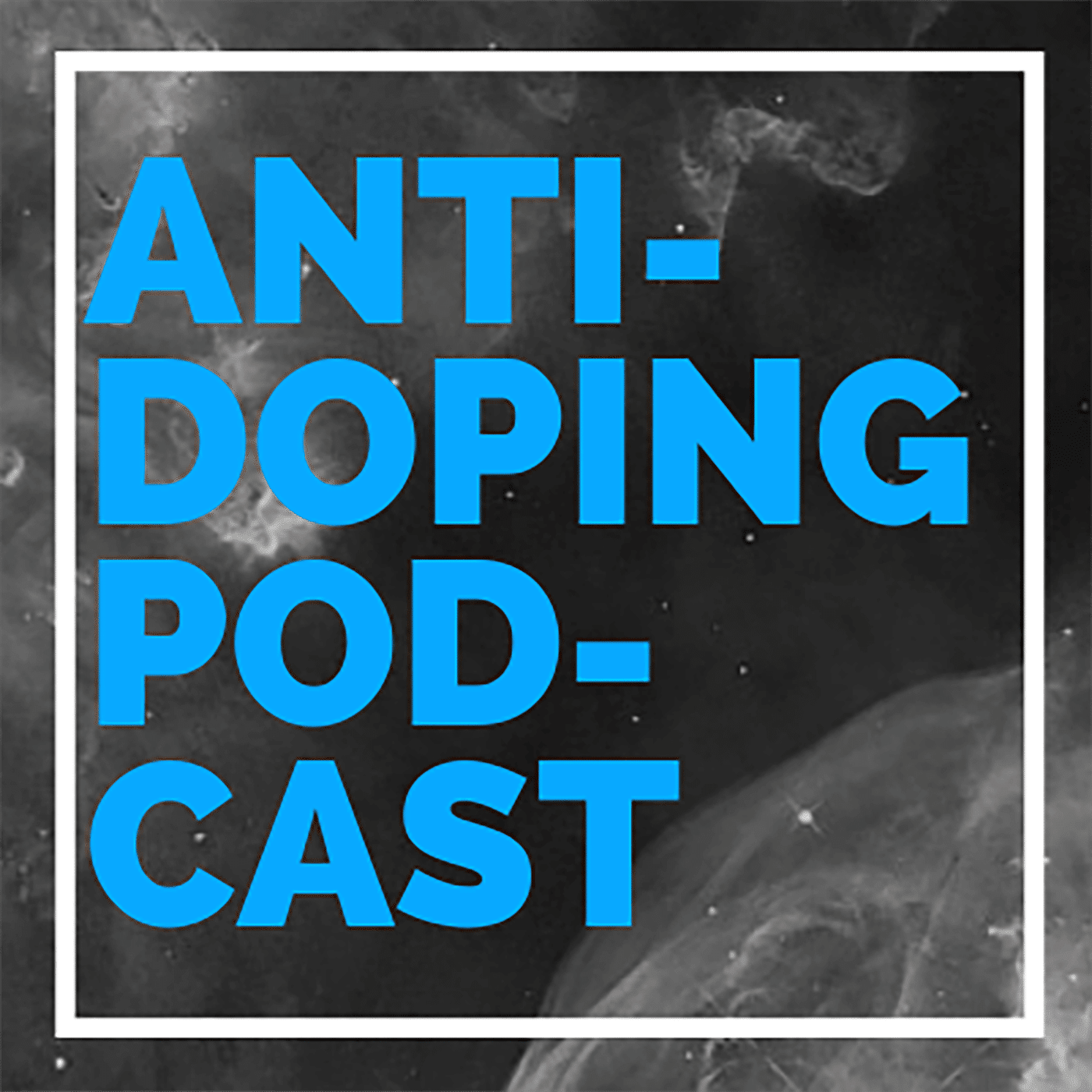
Dr. Ed Merrens is Chief Clinical Officer and a Hospitalist at Dartmouth-Hitchcock, Assistant Professor of Medicine at Dartmouth’s Geisel School of Medicine, and Board Member of the U.S. Anti-Doping Agency (USADA). He shares his perspective on challenges in anti-doping, the impacts of COVID-19 on sport, and exciting developments in anti-doping. Ed also discusses his role on the Board of USADA and his experiences as a team physician for U.S. Biathlon and the U.S. Olympic and Paralympic Committee.
35 – Intelligence-Based Anti-Doping and International Anti-Doping Efforts – Michael Ask
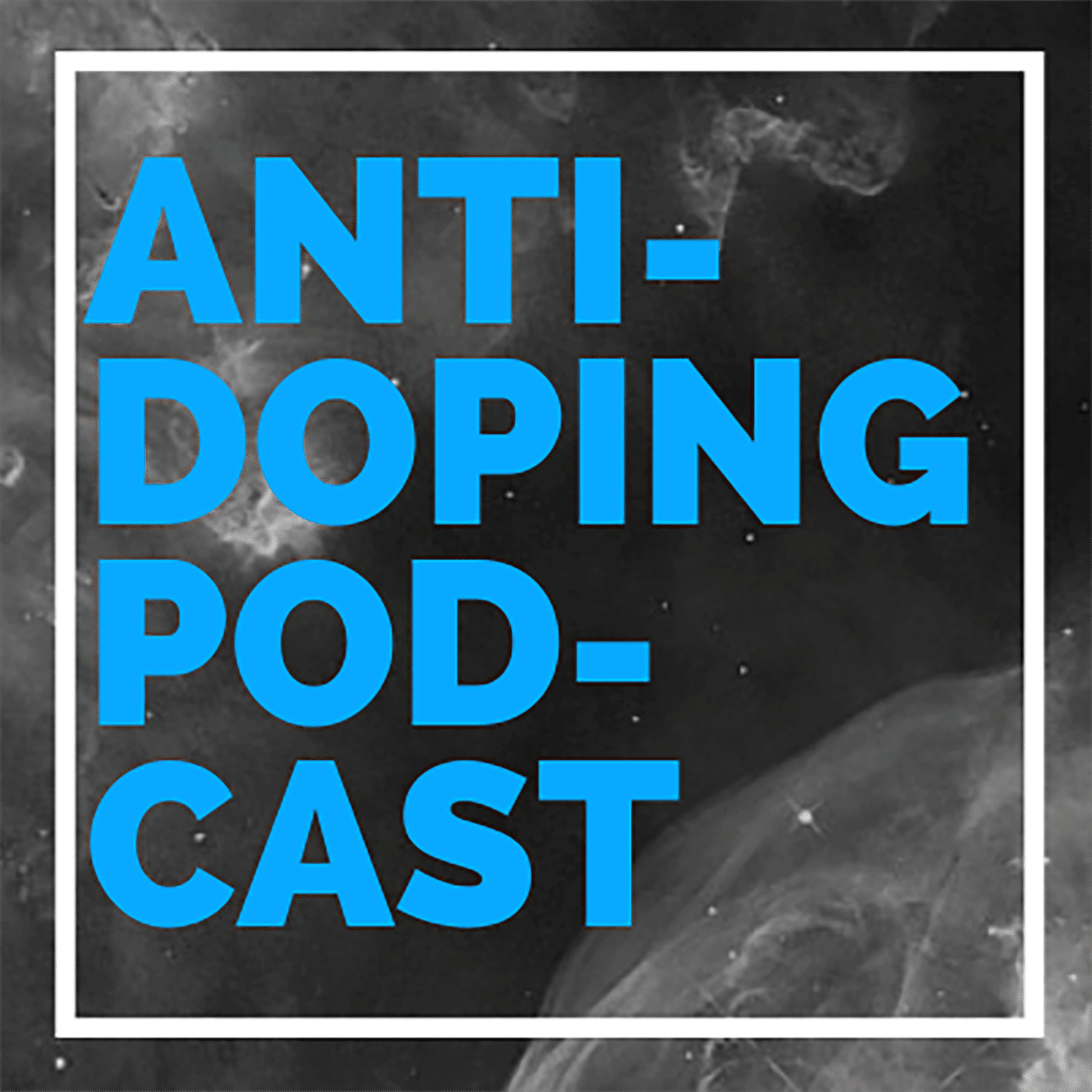
Michael Ask is CEO of Anti-Doping Denmark and Chairman of the International Association of National Anti-Doping Organizations (iNADO). He discusses intelligence-based anti-doping, different types of evidence they collect in anti-doping cases, the goals and objectives of iNADO, the importance of anti-doping education, the wide variety of disciplines that come together in anti-doping, and how his previous career in law enforcement with the Danish National Police Force has helped him in his current roles.
34 – Executive Director Update on the PCC’s Response to COVID-19 – Michael Pearlmutter, MBA
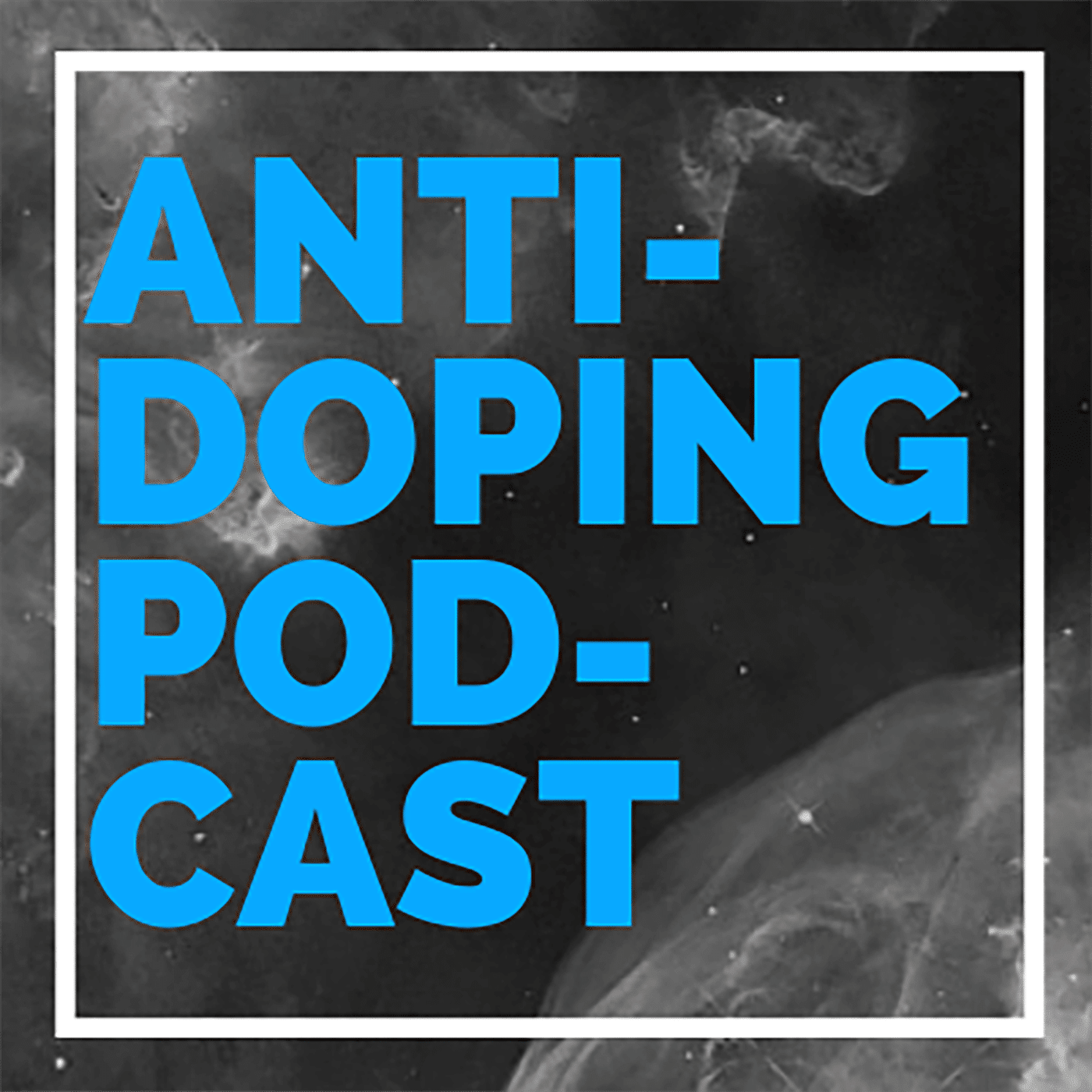
Michael Pearlmutter, MBA, is Executive Director of the Partnership for Clean Competition (PCC). In this episode, Michael provides an update on how the PCC and the anti-doping community have been impacted by the global COVID-19 pandemic, the PCC’s recent partnerships to support COVID-19 testing and research, and the PCC’s dedication to public health and ensuring the health and safety of all athletes during this challenging time.
33 – An Inside Look at a WADA-Accredited Laboratory – Francesco Botrè, PhD
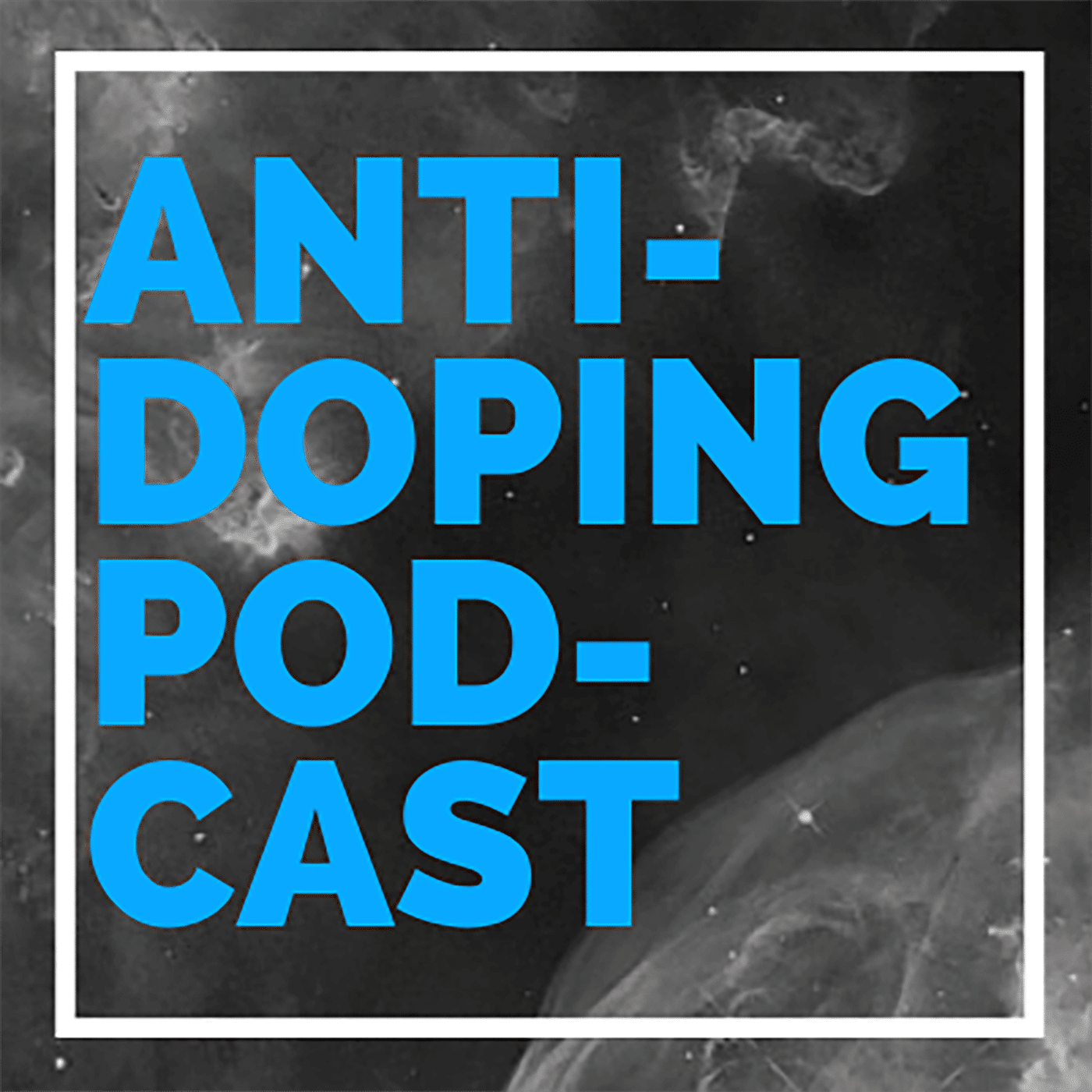
Francesco Botrè, PhD, is Director of the WADA-Accredited Laboratorio Antidoping Federazione Medico Sportiva Italiana (FMSI Anti-Doping Lab). He shares the history of FMSI Lab and the complex process of how samples are collected, delivered, anonymized, processed, analyzed, and interpreted by the lab. Francesco also discusses his research on doping masking agents, metabolic modulators, and drug-drug interactions, as well as his experiences running testing in the 2006 Winter Olympic Games in Torino, Italy.
32 – Potential Applications of Performance Monitoring in Anti-Doping – James Hopker, PhD
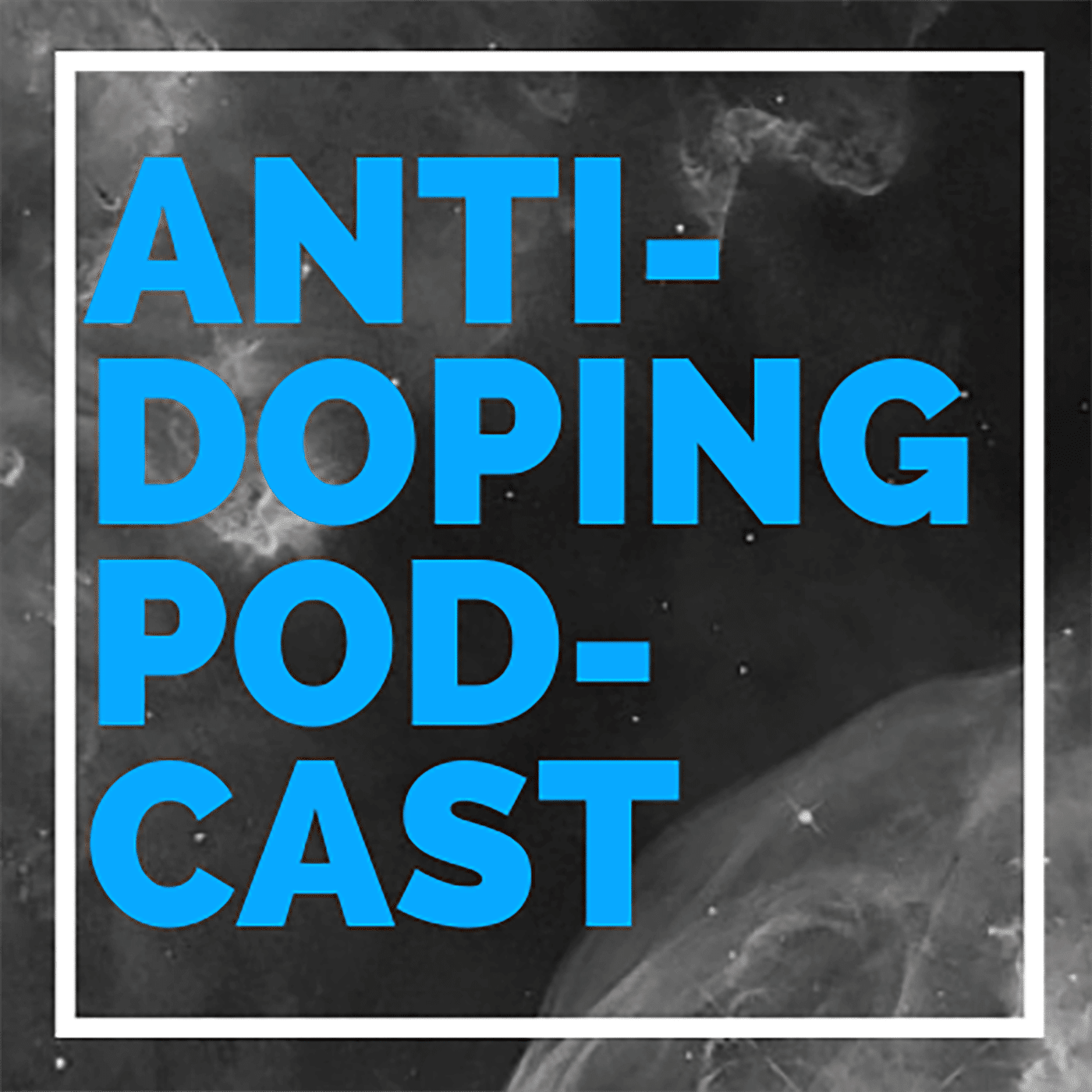
Dr. James Hopker is a Reader in Exercise Physiology, Director of Postgraduate Research, and Acting Head of School for the School of Sport and Exercise Sciences at the University of Kent. He is an expert on exercise training, and he has been studying applications of performance monitoring in anti-doping. We discuss how an Athlete Performance Passport may complement the Athlete Biological Passport, the role of technology in performance monitoring, and strengths and limitations of this approach in anti-doping.
31 – Driving Innovation in Sample Collection Equipment – Gabe Baida
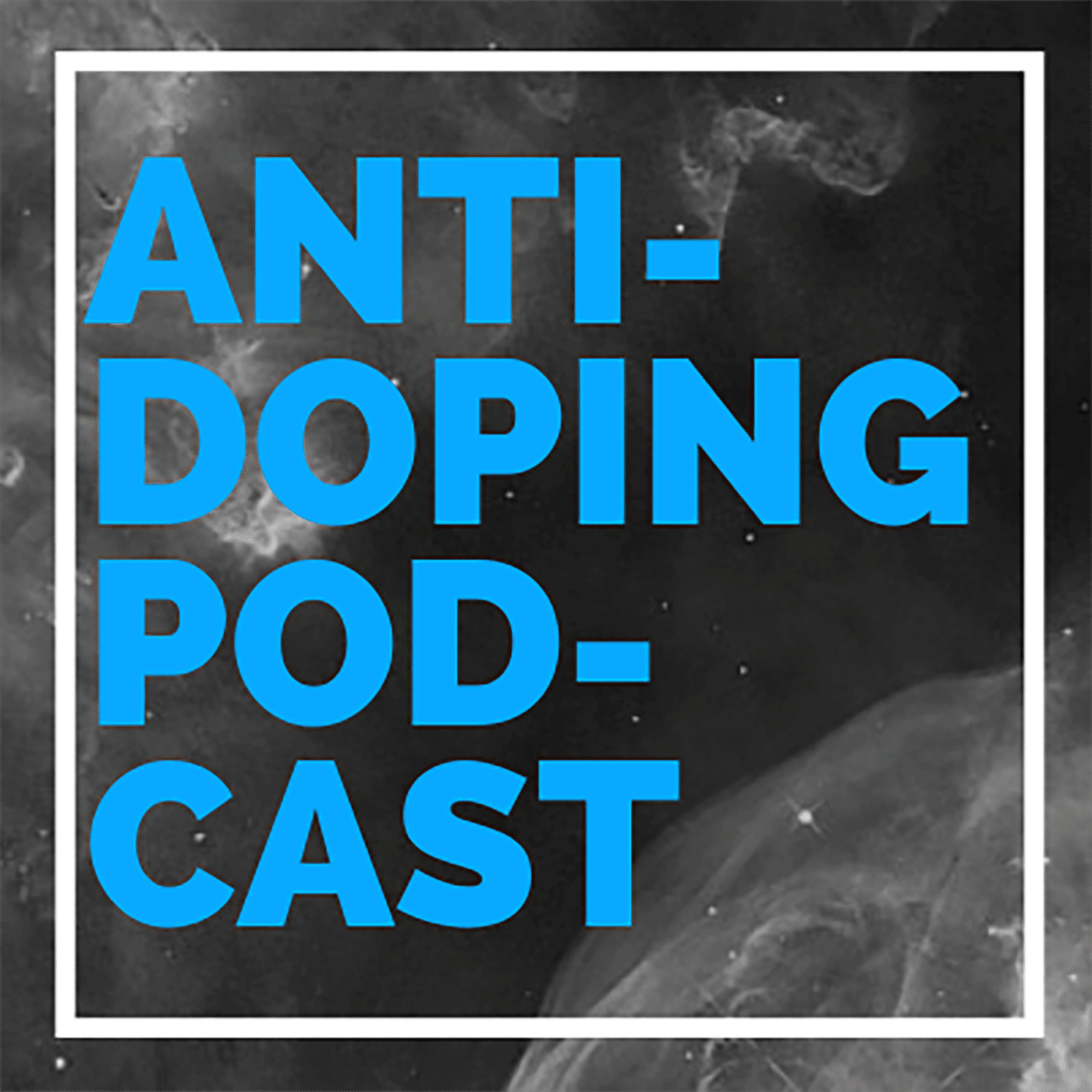
Gabe Baida is currently Executive Director of InnoVero, and he was formerly UFC and Premier Sport Director at the U.S. Anti-Doping Agency. In this episode, he discusses his prior work with USADA, issues with maintaining the security and integrity of samples and sample collection equipment, the security features and benefits of the new InnoVero Safe System, the importance of collaboration in developing novel anti-doping products, and the need for continued innovation in anti-doping testing and equipment.
30 – Using Optical Sensors to Detect Doping – Judy Su, PhD
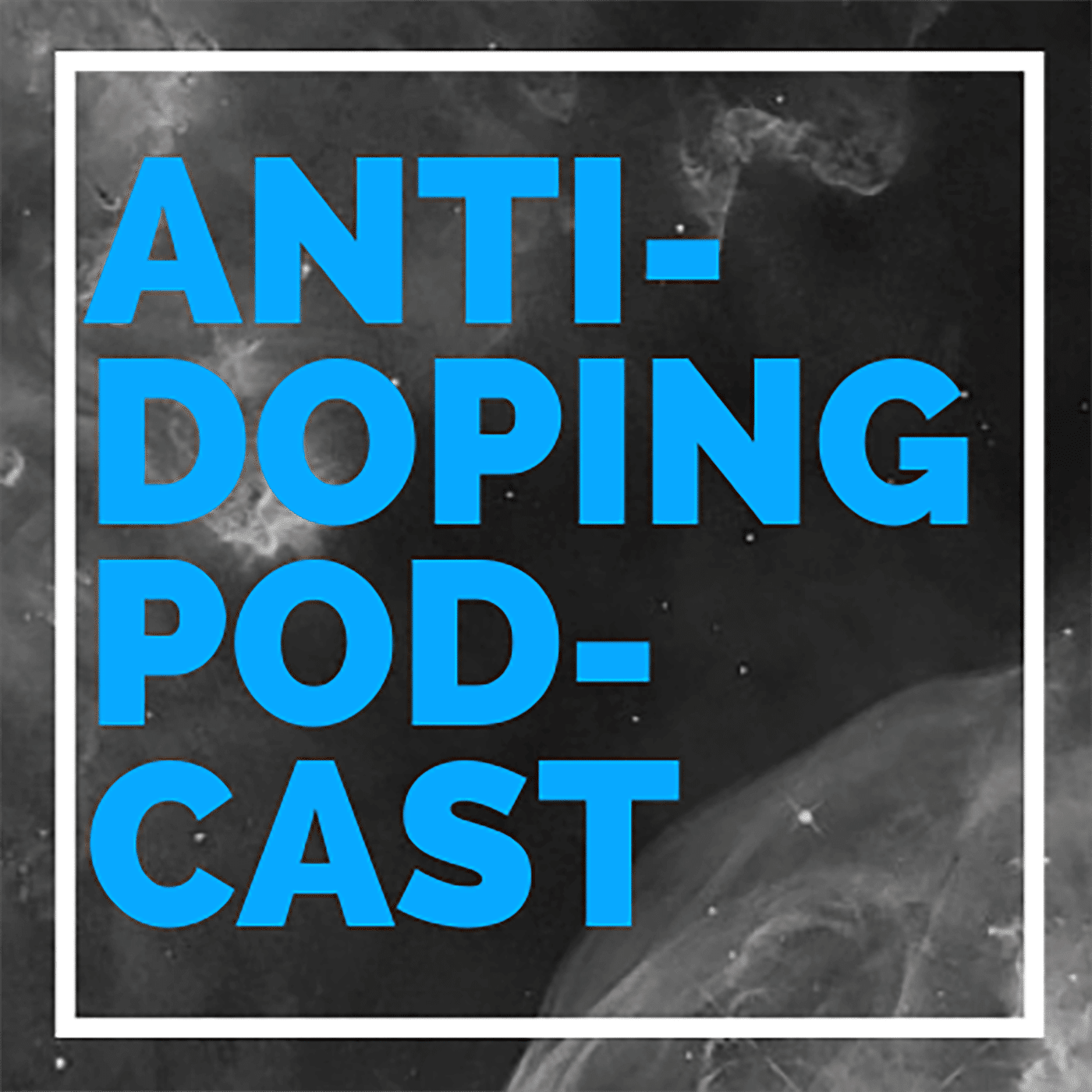
Dr. Judy Su is Assistant Professor in Biomedical Engineering, Optical Sciences, and the BIO5 Institute at the University of Arizona. She is developing novel sensors that use light to detect extremely low concentrations of substances. She shares how the sensors are made, how they work, and how they could be used in testing for doping. Beyond their high sensitivity, the sensors deliver results rapidly, require low sample volumes, and are better suited to detecting microdosing and drugs with a short half life.
29 – Developing Evidence-Informed Interventions to Enhance Anti-Doping Programs – Susan Backhouse, PhD
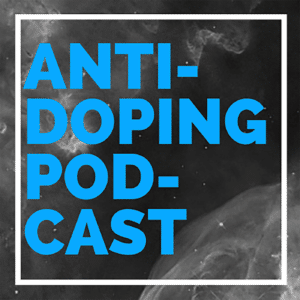
Susan Backhouse, PhD is Professor of Psychology and Behavioral Nutrition as well as Director of Research for Sport and Exercise Science, Leisure, and Tourism at Leeds Beckett University. She discusses the bystander effect and an anti-doping bystander intervention program she helped develop, creating the largest coach-centered doping education program in the world, issues with therapeutic use exemptions for asthma, aspects of the behavioral science of whistleblowing and reporting doping in sport, and more.
28 – All About Anti-Doping Reference Materials – Lindsey Mackay, PhD
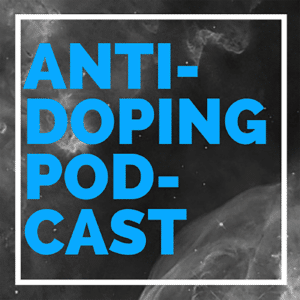
Dr. Lindsey Mackay is General Manager at the National Measurement Institute in Australia. She tells us what reference materials are, how they are used in drug testing labs, why they are critical for anti-doping, how they are made, how they are distributed, and more. She also shares major challenges in making reference materials and a recent project in which they created new reference materials to differentiate between testosterone-related steroids from external sources versus made naturally by the body.
27 – Exploring Key Issues in Sports Ethics and Integrity – Mike McNamee, PhD
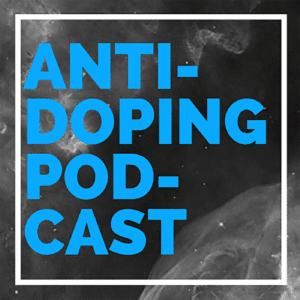
Dr. Mike McNamee holds Professorships at Swansea University, UK; and KU Leuven, Belgium, and he is Programme Director of the world’s only Master Degree in Sport Ethics and Integrity, sponsored by the European Commission’s Erasmus+ Programme. He is a renowned expert in sports ethics, sports integrity, and anti-doping policy. We discuss a variety of ethical issues related to fair sport, including athlete privacy concerns in providing whereabouts, security issues for athletes’ data, use of advanced technology and prosthetics in sport, match fixing, and more in this episode.
26 – Paracanoe Athlete Shares Her Path to Competing on Team USA – Channing Cash
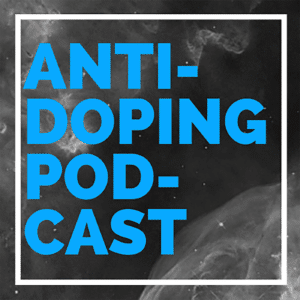
Channing Cash is an accomplished Team USA Paracanoe Athlete, and she tells us the incredible series of events that led to her becoming a professional athlete. We cover her early childhood in a small village in Laos, the many struggles she has overcome, constructive ways to cope with roadblocks in performance, her experiences with anti-doping education and testing programs as an athlete, challenges athletes face with inadvertent ingestion of banned substances in supplements and other consumables, and more.